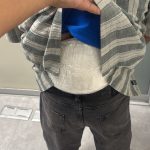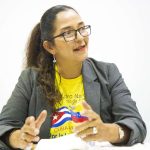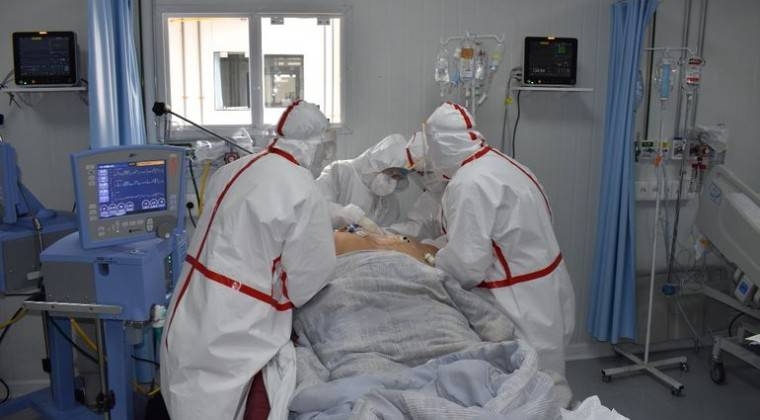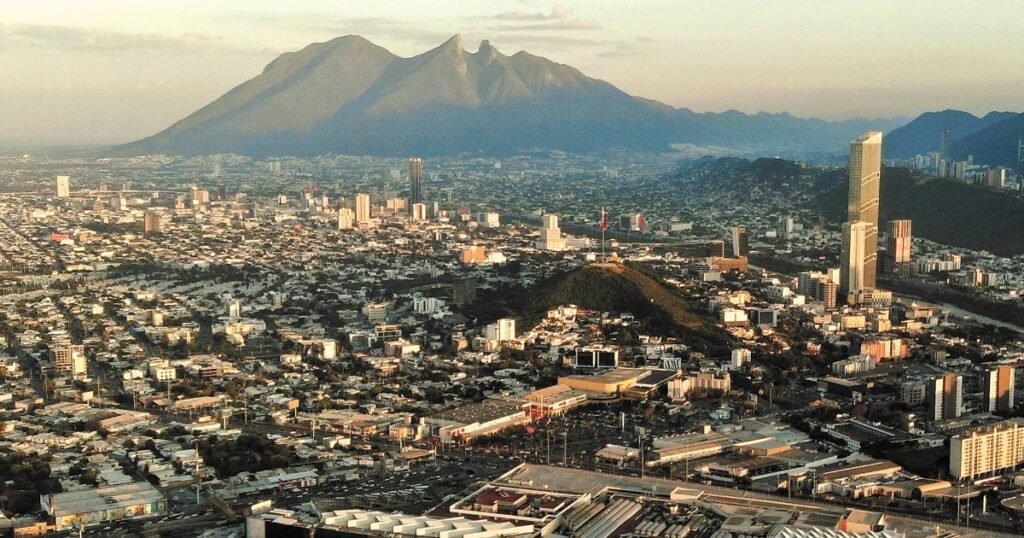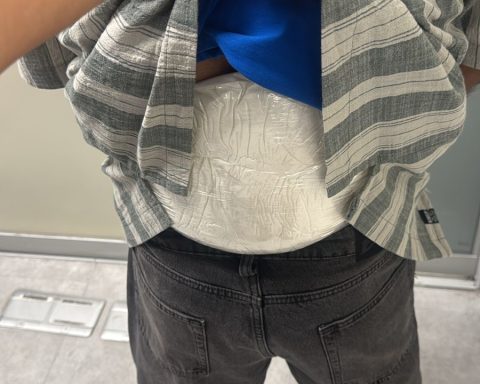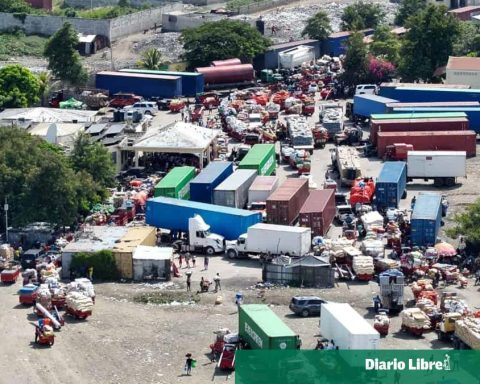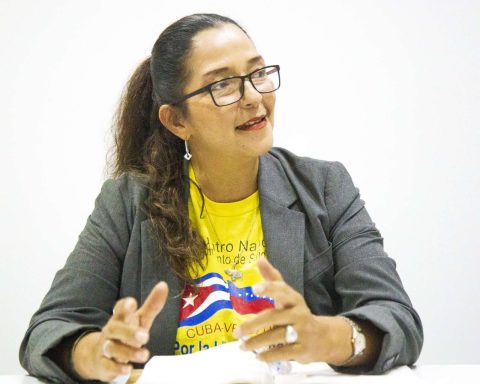Former center-left president José María Figueres and former conservative Finance Minister Rodrigo Chaves will decide in a ballot on April 3 who will govern Costa Rica, one of the most solid democracies in Latin America but hit by an economic crisis.
When the Supreme Electoral Tribunal has already counted almost 80% of the votes, Figueres, 67, of the National Liberation Party (PLN), leads the count, with 27%, but it was not enough to win in the first round.
For his part, the right-wing economist Rodrigo Chaves, 60, of the Democratic Social Progress, surprised after being behind in the polls, and scored 16.7%. He was Finance Minister of the outgoing government for half a year.
Whoever wins will assume a democratically stable country, but afflicted by a severe financial and social crisis.
Leader in the global ranking of happiness 2018-2020 in Latin America and in environmental activism, the pandemic increased unemployment (14.4% in 2021), poverty (23% in 2021) and public debt equivalent to 70% of GDP, a situation that set off alarms from multilateral organizations.
It also hit tourism hard, one of its main economic drivers.
“I am convinced that we are going to rise from this crisis and march together towards our future,” said Figueres, after hearing the results, at the celebration with his supporters.
Figueres governed the country between 1994-1998 and is the son of the emblematic former president José Figueres Ferrer, who abolished the Army in 1948.
“We are going to a second round and I ask to leave behind the conflict and the sterile confrontation (…) Don José María [Figueres], I beg you for a tall, purposeful and ideas campaign”, Chaves commented for his part, during his own celebration.
Both figures have been open to alliances with those who lost.
In this contest, the 57 deputies of Congress were also elected. The calculations suggest a highly fragmented Parliament.
“Whoever assumes the government is going to have social conflict because changes have to be undertaken that involve major negotiations with the Legislative Assembly,” said political scientist Gina Sibaja.
“The macroeconomic and corruption issues that Chaves positions in his speech are going to be discussed with Figueres, who has also presented an allegedly robust plan by the National Liberation Party,” said Alejandro Molina, an analyst at the National Policy Observatory. from the University of Costa Rica (OPNA).
questions
These votes were characterized by the discouragement of the population in the midst of the economic problems that hit the country and accusations of corruption, which resulted in an abstention rate of 40%, the highest in the country’s history.
In the last 13 years, two former presidents faced trials for corruption (one was convicted) and in 2021 two cases of million-dollar irregularities in public works broke out, with ministers involved.
After a bipartisanship that was imposed during the 20th century, the young Citizen Action Party (PAC) managed to govern for eight years. But it did not meet expectations and the outgoing president, Carlos Alvarado, ends his term without leaving political capital.
His party did not win seats and the PAC candidate only got 0.66% of the vote.
Meanwhile, Figueres was investigated for a $900,000 consultancy he made to the French firm Alcaltel, a company that admitted bribing officials in Costa Rica to win a tender.
The former president was out of the country when the scandal broke and did not face justice again in 2004 when he was called. He returned to Costa Rica in 2011, when the case prescribed.
Figueres has admitted that it was a mistake not to have faced justice.
“Figueres will have to deal with the remarks made by Chaves throughout this first round, related to his first government from 94 to 98,” such as the closure of a state bank, considered analyst Molina.
‘A setback’
The political scientist Sibaja believes that a victory for Chaves would mean a setback for the country.
The economist was investigated for alleged sexual harassment that occurred between 2008 and 2013, during his long career at the World Bank.
Although the entity acknowledged that it did not punish him adequately, later an administrative court of the WB found that his behaviors fit as sexual harassment and that the bank’s human resources department ruled with a bad pronouncement.
“A Chaves presidency would be like lowering the floor that we had weakened, especially in terms of gender equality and in reducing inequalities,” Sibaja explained.
“He is a person who fails to recognize the importance of this type of situation and the urgent need we have to change this political culture,” he said.
